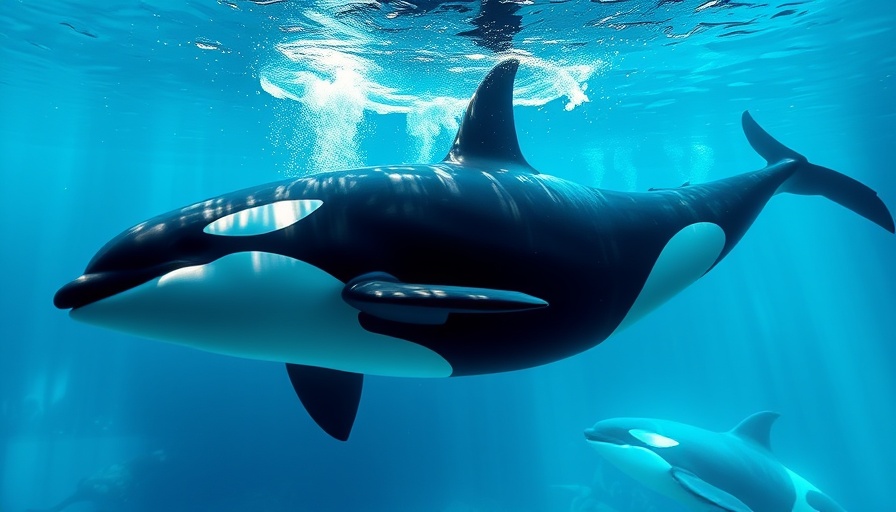
Rocket Launches Leave a Heavy Toll on Nature
In the pristine environment of northern Mexico, where the waves meet golden sand and endangered Kemp’s ridley turtles find their nesting grounds, an unexpected and troubling presence looms: SpaceX rocket debris. Recently, the beach at Bagdad has transformed from a vital ecosystem into a collection site for melted plastics, steel shards, and synthetic adhesives discarded following rocket launches. This environmental blight underscores a critical reality of our advancing space ambitions—what happens on Earth continues to matter, even as we look to the stars.
Turtle Nests Threatened by Human Inactivity
According to veterinarian Jesús Elías Ibarra, founder of the NGO Conibio Global, his team has been working tirelessly since late 2024 to restore the beach. However, the sheer volume of debris—over a ton collected from just a fraction of the polluted shoreline—raises urgent questions about corporate responsibility in space exploration. With the vibrations from rocket launches compacting sand and hindering turtle hatchlings from making their way to the sea, the impacts of human activity are evident. Ibarra’s report highlights a staggering reality: while the company asserts its debris is non-toxic, the growing mound of garbage speaks louder than any statement could.
Local Voices: The Call for Action
Community voices in Tamaulipas echo a sentiment that resonates beyond their local beaches. Residents speak of more than just debris; they describe broken trees, vegetation fires, and shocking vibrations felt in their homes. The pollution is not limited to the turtles’ nesting grounds; it ripples through the community, highlighting a larger conversation about wildlife and environmental preservation amid advancing technology.
The Challenge of Cleaning: A Community Effort
Ibarra’s organization has spent over $26,000 on cleanup efforts, relying on donations and local support. Despite SpaceX’s offers of assistance, direct communication and resources have yet to materialize. This disconnect raises a critical question relevant not only to this location but to communities worldwide: how often are grassroots initiatives left to shoulder the burden of corporate actions? As SpaceX continues to make headlines for its innovative projects, attentive observers must reflect on how these activities impact local ecosystems.
A Call for Corporate Accountability in the Space Race
As world leaders increasingly focus on climate policies, the implications of space exploration often go unaddressed. Mexico’s President Claudia Sheinbaum has acknowledged the issue and is committed to investigating the impact of rocket launches on the environment, but the risk posed to wildlife and communities requires immediate action. If we are to rally behind an industry that fuels dreams of interplanetary travel, there must be an equally strong commitment to protect our home planet. Corporations must be held accountable for their footprint on Earth, especially when their actions directly threaten endangered species and fragile coastal ecosystems.
Invitation to Engage: Supporting Local Conservation Efforts
For those interested in making a difference, supporting organizations like Conibio Global offers a tangible way to combat the adverse effects of human activities on wildlife. A small donation can significantly impact their ongoing efforts to clean up beaches and protect these beautiful, endangered turtles and their nesting sites. As individuals, we hold the power to challenge corporations and demand eco-friendly practices that preserve nature for generations to come.
If we seek to enjoy the marvels of modern technology, we must balance our ambitions with responsibility towards the environment. The plight of the Kemp’s ridley turtles on the sands of Bagdad Beach serves as a poignant reminder that the future we seek should not come at the expense of our shared home.
 Add Row
Add Row  Add
Add 




Write A Comment